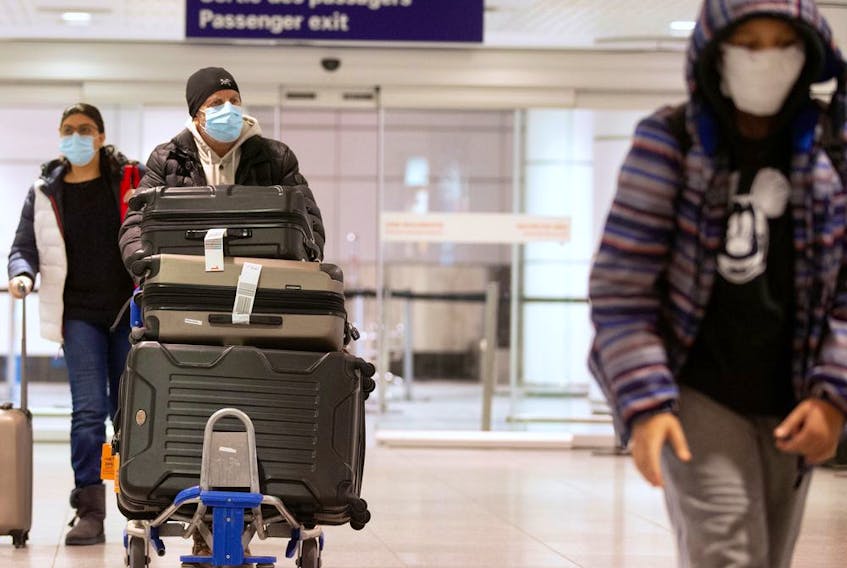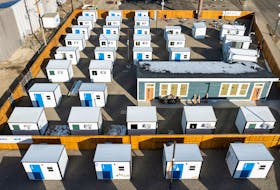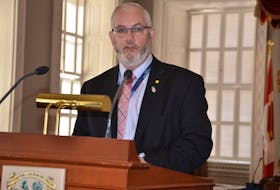I know people who were in Mexico when the COVID-19 pandemic really started to take hold, and the federal government told Canadians to come home.
They set out into the welter of international airports and air travel at a time when less was known about the virus, but fears were high. People were streaming back into the country, and cases were popping up among the returnees.
The couple coming back from Mexico was showing no symptoms upon arriving home in St. John’s, followed all the rules, went into self-isolation and stayed there for the full two weeks.
I know another couple who heeded the warnings, retirees who left their Florida condominium to wing back through crowded planes and crowded airports. They got groceries left on their St. John’s doorstep, closed the door behind them and started counting down the days they’d be quarantined. They had no symptoms either, but did what they were told to do.
I even know someone who was on board a cruise ship — two very scary words in these COVID-19 times — and who flew from half a world away to spend 14 days looking at the inside of their own downtown house while the self-isolation period ticked away. No symptoms there either.
In early July, a man in his 50s came back to the province from a work-related trip to Texas. He was asymptomatic — showing no signs of the virus. He was also careful to follow the rules and self-isolate, even without symptoms.
There’s only one small difference: the five people I talked about at the top of this column didn’t have COVID-19. As it turned out, the last case did.
And no one has full control over that part of the equation; it comes down to chance.
In early July, a man in his 50s came back to the province from a work-related trip to Texas. He was asymptomatic — showing no signs of the virus.
All six — those without the virus and the one positive case — acted responsibly.
All did what they were advised to do, and all — yes, all — did their part to control the potential spread of COVID-19 in the province.
Yet the last case I wrote about here was certainly torn apart in a few places on social media. There’s no reason he should have been. So far, I haven’t seen him identified anywhere, and that’s probably for the best. Who wants to be the person who does things right, but gets labelled the villain anyway by people with not one single clue?
Wrap your head around this: there’s no fundamental difference between those who behave properly and don’t actually have the virus, and those who also do everything right, except have the virus.
Cases are going to happen. This is a new and virulent virus, and there’s no effective way to stop all travel and ensure that there’s no possibility for the virus to get here. What is possible is for people to act responsibly, without fear of public or personal repercussions, to ensure that the cases that do show up here are caught quickly and any spread is contained.
There are practical reasons for not scapegoating people who happen to get infected. Chief Medical Officer of Health Dr. Janice Fitzgerald put it very clearly last week: “I know people are scared, but it is impossible to know the personal circumstances of those around us. People who are unfortunate enough to contract this disease need our support and our understanding, not our judgment and disdain,” she said. “If people who test positive for COVID-19 feel vilified, then others will most certainly feel reluctant to come forward if they have symptoms.”
We can all do our parts to control the spread of this virus — it’s hammered into us daily. Wash your hands. Wear a mask in public. Physically distance.
There are some people who are doing that right.
That’s especially true for those who follow the rules on things like the annoyance of self-isolation — even if they happen to be infected.
Because the fact is, many people in this province aren’t being anywhere near as diligent and careful about doing their part.
Russell Wangersky’s column appears in SaltWire newspapers and websites across Atlantic Canada. He can be reached at [email protected] — Twitter: @wangersky.









